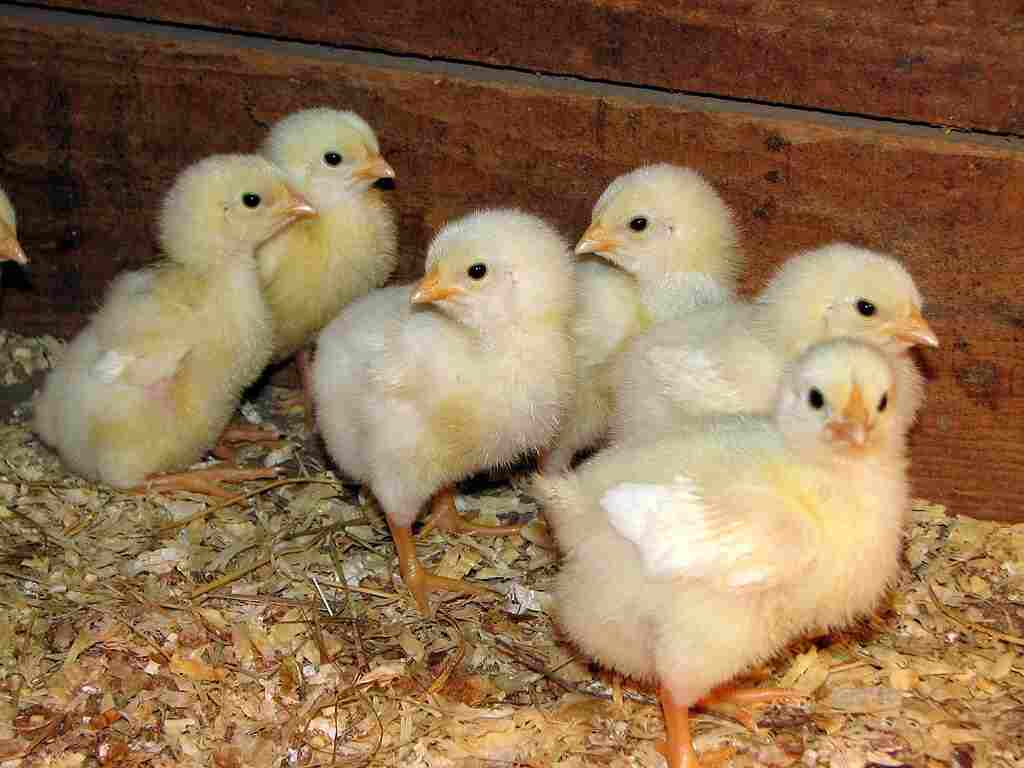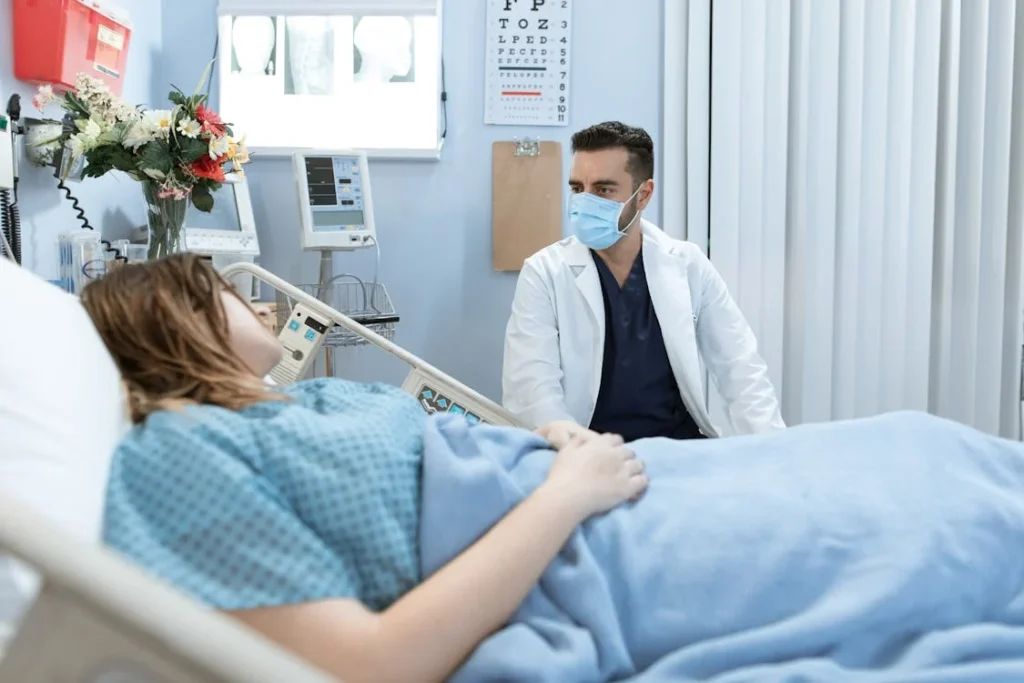A devastating incident at a Delaware postal distribution center has left thousands of baby birds dead and an animal shelter overwhelmed. More than 12,000 chicks were left abandoned in a United States Postal Service (USPS) truck for three days, resulting in approximately 4,000 deaths due to lack of food, water, and proper temperature control.
The surviving birds—more than 5,000 chickens, along with some turkeys and quails—were taken to the First State Animal Center and SPCA in Camden, Delaware, which has been struggling to care for the massive influx of animals.
A Crisis Unfolds
The chicks were shipped from Pennsylvania-based Freedom Ranger Hatchery as part of their weekly distribution to farms across the country. The hatchery stated they cannot take the birds back due to biosecurity concerns.
“This loss has compounding effects with the many small family farms across America that were counting on these birds,” a spokesperson from the hatchery told reporters. They added it would have been better if USPS had completed the delivery after discovering the birds, as the intended recipients would have been equipped to handle them.
USPS acknowledged what they called a “process breakdown” and stated they are investigating the incident.
“We are aware that there are unfortunate rare instances where loss of life occurs with this type of shipment,” USPS said in a statement. They claimed to be working with hatcheries, carriers, and delivery operations experts to prevent similar incidents in the future.
Shelter Faces Financial Strain
The First State Animal Center and SPCA has been operating 24 hours a day since receiving the birds. John Parana, executive director of the shelter, described the significant strain on their resources.
“Money remains the biggest concern for the donation-reliant nonprofit,” Parana said. “Some employees have begun spending their own money to support the operations.”
The shelter began offering the birds for adoption on May 13, but initially only a few hundred of the thousands of survivors were taken. As a “no-kill” shelter, they refused adoptions where birds would be used for meat.
In a positive development, all surviving birds have now found homes. The last batch was picked up on Thursday morning, May 22, 2025.
Similar Posts
Questions of Responsibility
The Delaware Department of Agriculture initially directed the animals to the shelter after receiving a call from USPS about the “undeliverable box of baby birds.” A memorandum of understanding between the department and the animal center established a rate of $5 per chick per day for care.
However, Parana claims the department told them no funds were allocated for the chicks. Jimmy Kroon, the department’s chief of planning, stated they would “try to go after the post office to get recoupment,” but this doesn’t address the shelter’s immediate financial needs.
“That doesn’t help us in the meantime,” Parana noted.
Shipping Live Animals: A Controversial Practice
USPS has been shipping live animals for over 100 years. Their guidelines require that chicks be delivered within 72 hours of hatching and that packaging must be properly ventilated. Chicks are typically transported without food or water because they have a yolk sac that provides nourishment during their first few days.
Animal rights groups have long criticized the practice. People for the Ethical Treatment of Animals (PETA) has stated that chicks are vulnerable “when they’re sent through the mail on long, terrifying journeys without food or water.”
This incident has reignited debate about the safety and ethics of shipping live animals by mail, raising questions about whether current regulations are sufficient to protect animal welfare during transit.
The tragic event highlights significant gaps in the handling of live animal shipments and raises important questions about accountability within the postal system. While the community response to adopt the survivors offers a small bright spot, the incident reveals serious systemic issues that demand attention to prevent similar tragedies in the future.



















